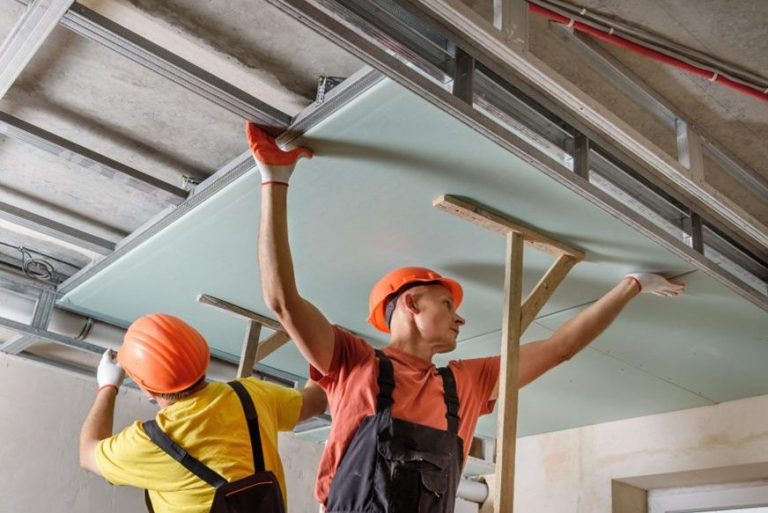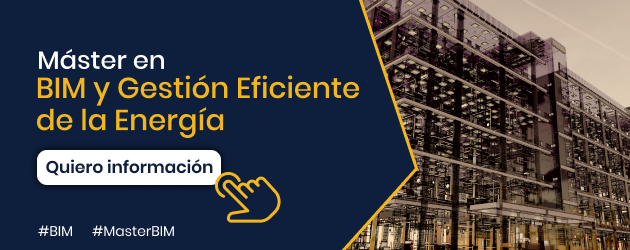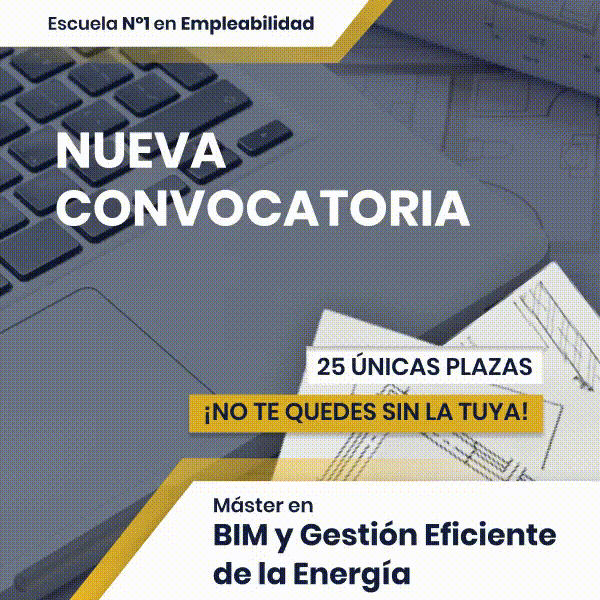dry construction
The dry construction is a construction technique that allows any type of construction to be carried out with prefabricated elements in shorter execution times, joined together by fixings and without the need for hydraulic binders.
One of these prefabricated elements are the plates of plasterboard. It's about a versatile, economical and easy to install material which has become popular throughout the world. This type of plates are composed of a layer of laminated plaster between two layers of cardboard.
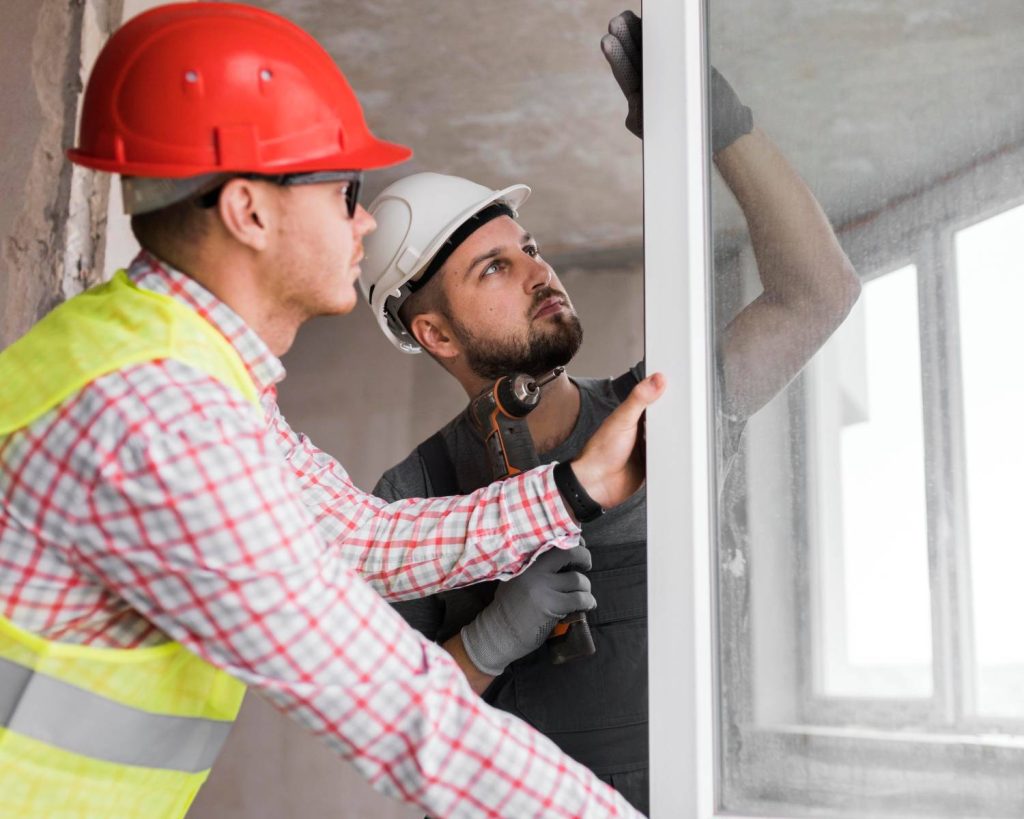
The combination of these layers makes the compound very strong and durable. Its composition also makes it relatively light. Furthermore, in general, it is a very economical material, which makes it ideal for low-budget construction projects.
Advantages and disadvantages
One of the main advantages of plasterboard boards is its ease of installation. Gypsum board panels are easily cut with hand tools and can be attached with screws to metal or wooden frames. They can also be cut into specific shapes to fit irregular spaces or to create custom designs.
Another advantage is its versatility. The panels can be used in a variety of applications, from walls and ceilings to cladding and decorative elements. Plasterboard can also be painted, making it ideal for interior decorating projects.
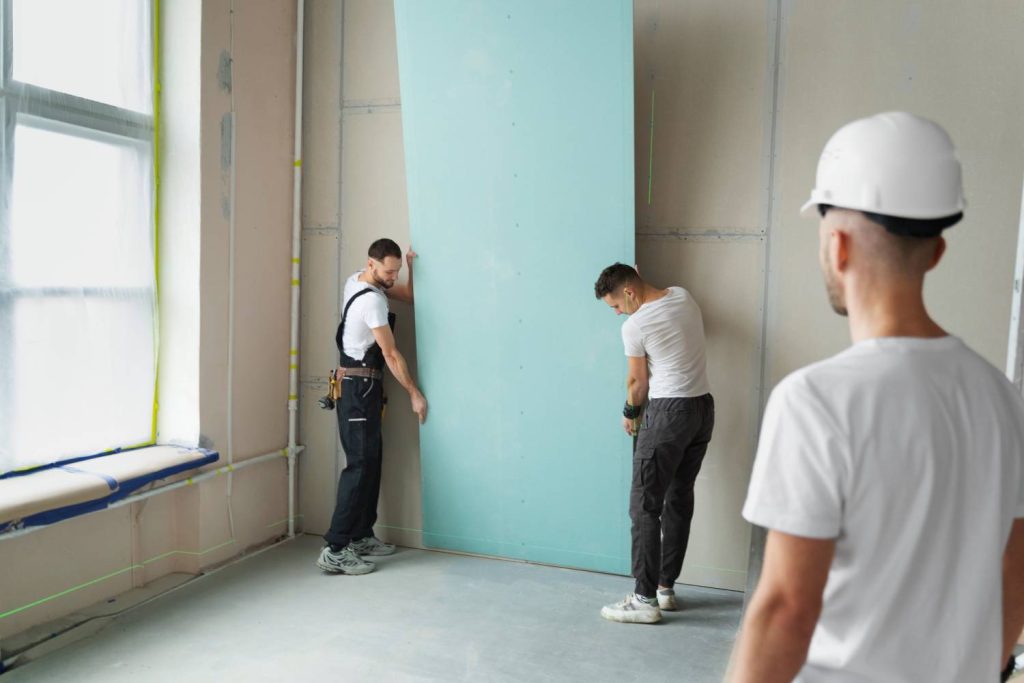
In addition to its versatility, Plasterboard also offers benefits in terms of acoustic and thermal insulation. The panels help reduce noise transmission through walls and ceilings, making them ideal for rooms that require privacy, such as bedrooms and offices. They can also be used in the construction of interior walls to improve the thermal insulation of a space.
One of the disadvantages of plasterboard plates is that It is not as resistant to moisture as other building materials, such as ceramic or cement. If exposed to moisture, plasterboard can deteriorate or even peel off. However, this can be avoided by using special panels designed to resist moisture.
Most common types
Below are some of the most common types of drywall panels:
1. Standard panels: Standard plasterboard panels are the most common and used in construction. They are composed of a gypsum board laminated between two layers of cardboard paper.
2. Water resistant panels: Waterproof drywall panels are designed to resist moisture and are ideal for use in wet areas such as bathrooms and kitchens. They are made with a special waterproof gypsum core and covered with heavy-duty cardboard paper.
3. Acoustic panels: Acoustic drywall panels are designed to reduce noise and echo in a room. They have a special layer of sound-absorbing material that sits behind the sheetrock, making them ideal for spaces like music rooms, theaters, and recording studios.
4. Fireproof panels: Fireproof plasterboard panels are designed to be fire resistant. They are made with a special fire-resistant gypsum core and covered with heavy-duty cardboard paper. They are commonly used in public and commercial buildings, as well as private homes to improve security.
5. Flexible panels: Flexible plasterboard panels are designed to curve and conform to curved shapes and designs. They are made with a special gypsum core and covered with fiberglass reinforced cardboard.
If you want to learn how to generate highly efficient construction projects, knowing the latest technologies implemented in Buildings, do not hesitate to sign up for our Professional master in BIM and efficient Energy management.

